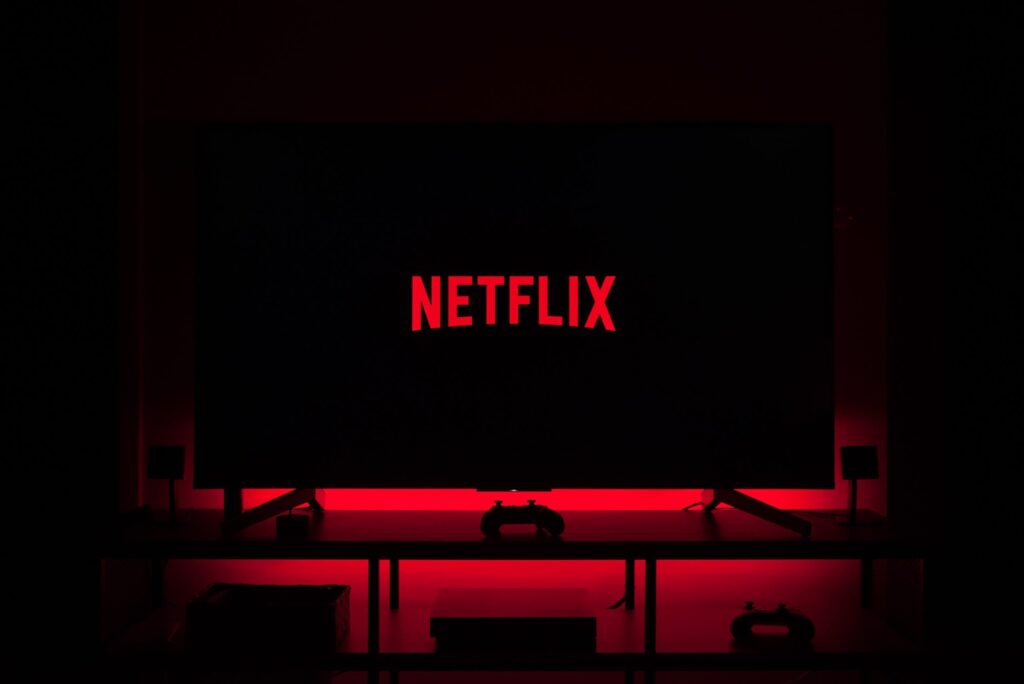
Netflix, like any business, makes decisions based on a variety of factors aimed at maximizing their profitability and subscriber retention. While it may seem that they cancel every good movie, there are several reasons why this happens:
1. Viewership Numbers
Netflix closely monitors viewership data to assess the performance of their content. If a movie or series doesn’t attract enough viewers, it is less likely to be renewed. Even critically acclaimed content can be canceled if it doesn’t generate sufficient viewership.
2. Cost vs. Benefit
Producing high-quality content often involves significant expenses. If the cost of production outweighs the benefits in terms of subscriber growth and retention, Netflix might decide to cancel the content. This is particularly relevant for series, where each season typically costs more due to rising talent fees and production costs.
3. Algorithm and Data-Driven Decisions
Netflix relies heavily on data and algorithms to make content decisions. This data includes not just viewership numbers but also metrics like completion rates, rewatch rates, and demographic information. Content that doesn’t perform well on these metrics may be canceled.
4. Market Saturation and Competition
With the rise of numerous streaming platforms, the competition for viewer attention is intense. Netflix may cancel shows and movies to make way for new content that might attract a different or larger audience, keeping their library fresh and competitive.
5. Strategic Shifts
Netflix often shifts its content strategy to adapt to changing market dynamics and viewer preferences. This means they may cancel shows and movies to focus on other genres or types of content that they believe will be more successful.
6. Licensing and Rights Issues
Sometimes, cancellations are due to licensing and rights issues, particularly with content that Netflix doesn’t own outright. If renewal costs are too high or the original creators choose not to continue, Netflix may be forced to cancel the show or movie.
7. Critical Reception vs. Popularity
While some shows and movies are critically acclaimed, they might not be popular with the broader audience. Netflix balances critical reception with popularity, often favoring content that appeals to a wider audience even if it’s not critically acclaimed.
The decision to cancel content on Netflix is multifaceted, involving a combination of viewership data, cost considerations, strategic shifts, and competitive dynamics. While it can be disappointing for fans, these decisions are part of Netflix’s broader strategy to maintain and grow its subscriber base.
